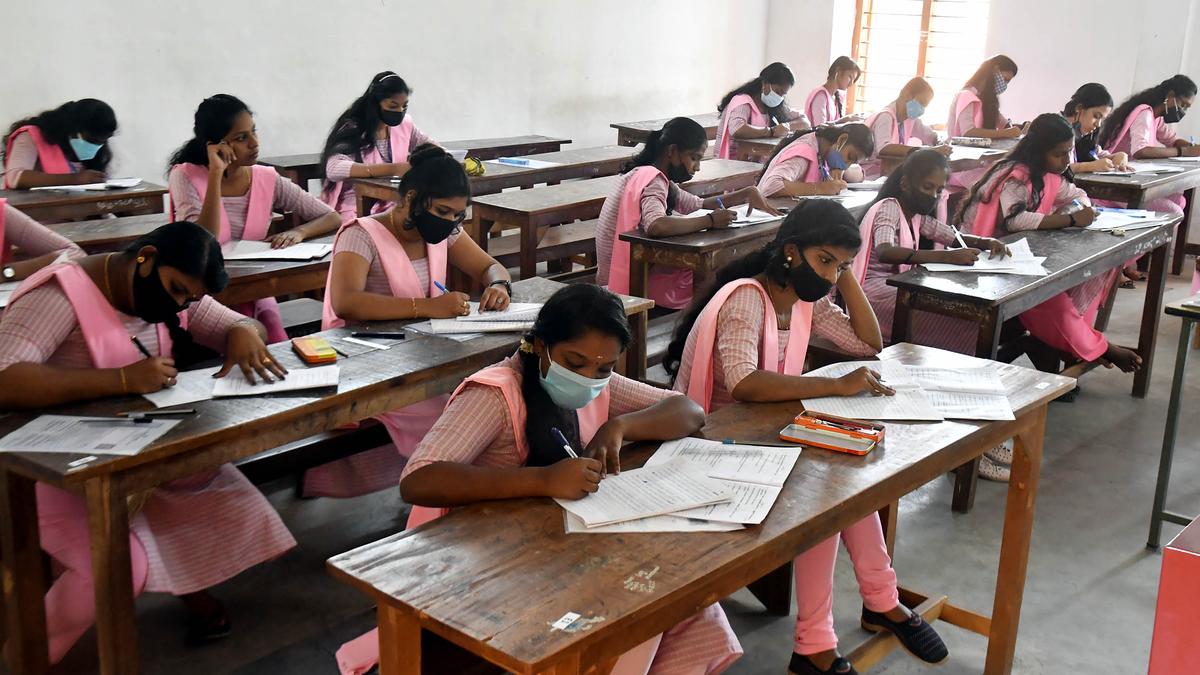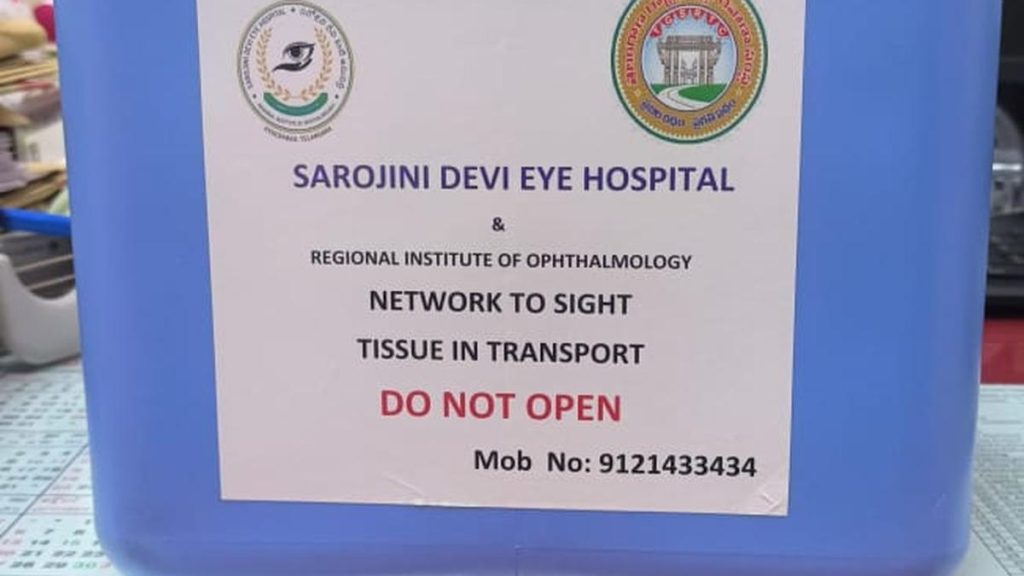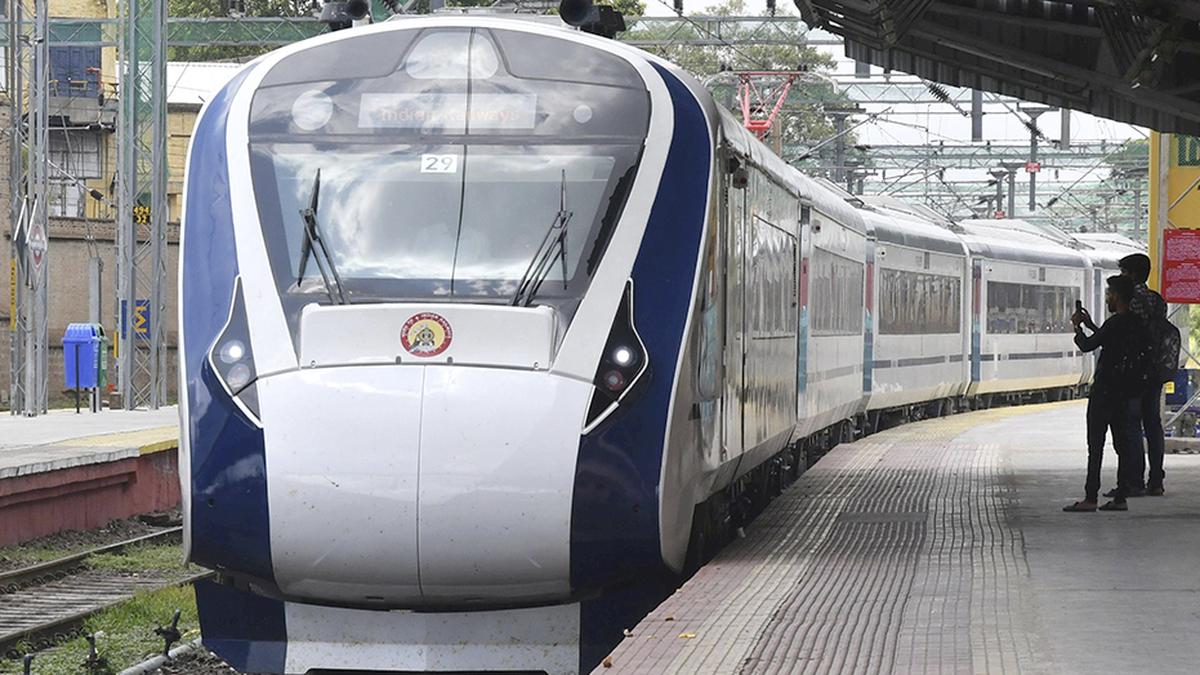Now Reading: Kerala High Court Nullifies KEAM 2025 Exam Results
-
01
Kerala High Court Nullifies KEAM 2025 Exam Results
Kerala High Court Nullifies KEAM 2025 Exam Results

Quick Summary
- the Kerala High court has quashed the results of the KEAM 2025 entrance examinations on July 9, 2025.
- Justice D.K. Singh ruled that the revised ranking method negatively impacted students from CBSE or ICSE boards in their higher secondary education.
- The petition was filed by Hana Fatima Ahnus, who claimed her rank fell substantially due to a sudden amendment in the standardisation formula after the release of the exam prospectus and publication of rank lists.
- The court labeled this last-minute revision as “illegal.”
- Complaints were raised by affected students arguing that this year’s normalisation method was unfair and arbitrary, affecting expected ranks disproportionately for CBSE/ICSE candidates.
- Students also claimed an “oblique motive” behind abolishing weightage criteria meant for CBSE/ICSE applicants,while pointing out alleged inconsistencies related to rank calculations comparing KEAM data from 2024.
- Similar dissatisfaction had occurred among State higher secondary students regarding last year’s flawed normalisation process.
- Unaided schools Protection Council (USPC), representing private schools, had also moved court against this change.
Photo Credit: S.Mahinsa
Indian Opinion Analysis
The Kerala High Court’s decision draws attention to recurring issues of fairness and openness in how ranking systems are implemented for competitive exams such as KEAM-a critical gateway for engineering and medical admissions in Kerala. The ruling highlights systemic inconsistencies where different academic boards face disadvantages each year due to changes in standardisation formulas without adequate consultation or clear interaction beforehand.
This case drives home two key implications: First, there is an urgent need for regulatory bodies like CEE to ensure consistency and fairness across educational board frameworks when devising ranking mechanisms; second, it underlines a broader challenge within India’s education system concerning equitable treatment between State boards and national boards (CBSE/ICSE). Such incidents erode public trust not only among affected students but possibly jeopardize confidence across educational stakeholders like private institutions represented through USPC.
Future reforms must aim at ensuring predicable policies agreed well before examinations with all stakeholders involved-reducing grievances post-results while safeguarding student morale during high-pressure admission periods. For now, quashing results signifies immediate relief but puts pressure on authorities toward systematic overhaul solutions ahead next cycle Read more here.
























